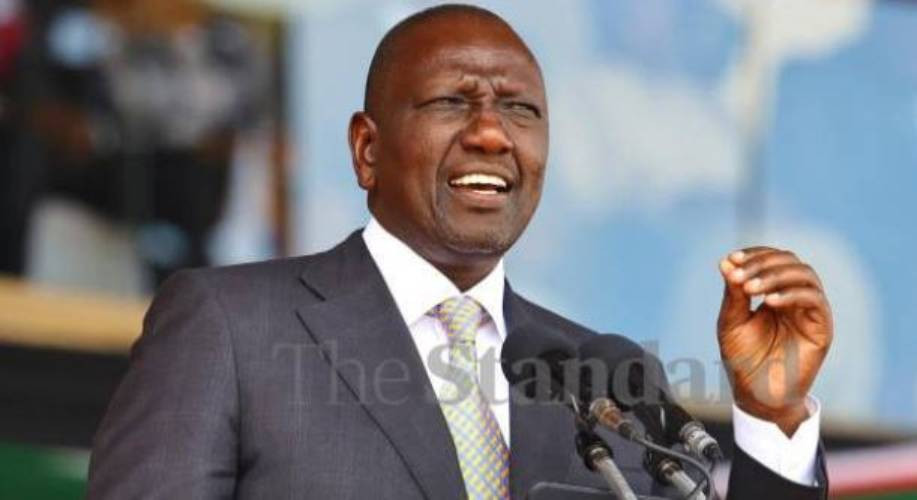By MOSES MICHIRA
KENYA: Traffic police officers will be eased out of motor vehicle inspection as a new plan seeks to outsource the service to privately owned businesses like the AA of Kenya.
This is among the drastic changes that have been proposed by Transport Cabinet Secretary Michael Kamau, limiting the role of traffic police to investigating road accidents and prosecuting offenders.
“Policemen have no business inspecting vehicles; we need this role to be played by specialised garages that have the technical expertise,” Kamau said.
He admitted that the police had failed in evaluating if vehicles were roadworthy, making the case for specialisation: “Experts should be allowed to do their work.”
The selection of private garages will be done through competitive evaluation in which firms with long experience and the best staff will be picked.
Issue certificates
Having private firms inspect motor vehicle would also mean the garages could be sued should they issue certificates to unqualified applicants, a situation that is not possible in the present case.
In one of the most disturbing incidents, a public transport service provider The Standard talked to says his matatus have never been inspected since he started the business three years ago.
“I have officers who bring me the inspection certificates whenever they are due without taking the matatus for physical examination,” said the operator who runs a fleet of six minibuses in Nairobi.
“It is done for a small fee, obviously,” he added.
Though it was not possible to independently determine just how widespread the fraudulent vehicle inspection was, our source describes it as “very common”.
It is such problems that Kamau expects to solve with his new approach, in which each of the contracted firms will have a unique identifier code to enable tracing of the inspection certificates back to the issuer.
The enhanced vehicle inspection would be in addition to the re-testing of all drivers in the country, including those using their personal cars, before the new generation drivers’ licences are issued.
A tentative schedule from the Transport ministry projects that the existing drivers’ licences will be phased out by March 2014, allowing 12 months for the re-testing programme that will start with public transport crews.
Stay informed. Subscribe to our newsletter
Individual drivers will meet their own re-testing and new driving licence costs, but the ministry is yet to determine what the respective amounts would be.
The Matatu Owners’ Association (MOA) has backed the plan to take their drivers through a new training programme, possibly through the National Youth Service, to refresh their driving capabilities.
“An attitude change is more of what we would like, and the MOA has proposed a two-year course for our drivers at the youth service,” said the lobby chairman Simon Kimutai.
“If we want our drivers to be professional, they should go to school, as happens for any other career,” he said, adding that the country had just over 70,000 certified Public Service Vehicles.
Other institutions that Kamau proposes as potential motor vehicle inspection centres are established car dealerships like Toyota Kenya.
 The Standard Group Plc is a
multi-media organization with investments in media platforms spanning newspaper
print operations, television, radio broadcasting, digital and online services. The
Standard Group is recognized as a leading multi-media house in Kenya with a key
influence in matters of national and international interest.
The Standard Group Plc is a
multi-media organization with investments in media platforms spanning newspaper
print operations, television, radio broadcasting, digital and online services. The
Standard Group is recognized as a leading multi-media house in Kenya with a key
influence in matters of national and international interest.
 The Standard Group Plc is a
multi-media organization with investments in media platforms spanning newspaper
print operations, television, radio broadcasting, digital and online services. The
Standard Group is recognized as a leading multi-media house in Kenya with a key
influence in matters of national and international interest.
The Standard Group Plc is a
multi-media organization with investments in media platforms spanning newspaper
print operations, television, radio broadcasting, digital and online services. The
Standard Group is recognized as a leading multi-media house in Kenya with a key
influence in matters of national and international interest.








